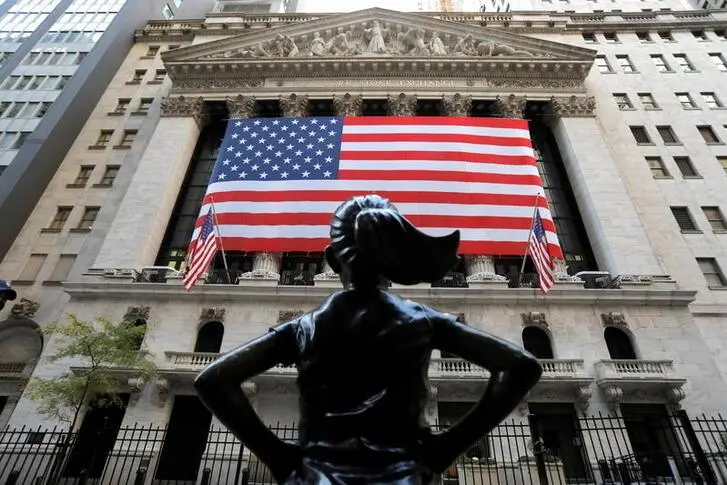PHOTO
(The author is a Reuters Breakingviews columnist. The opinions expressed are her own.)
WASHINGTON - Money-market funds have become a U.S. regulatory enigma. Mistargeted reforms years after the 2008 financial crisis helped amplify damaging redemptions in March 2020. Now the U.S. Securities and Exchange Commission is considering another revamp for the $4.6 trillion industry. Ensuring this effort is more effective will take more courage than last time.
The typically highly liquid funds haven’t behaved the way watchdogs expected in a crisis. They were seen as safe investments with a stable net asset value pegged to $1 per share. But in 2008, one of the large players, the Reserve Primary Fund, “broke the buck” with its worth falling below the benchmark level because of some Lehman Brothers investments. As the panic spread, the government stepped in to guarantee values.
Efforts to reform the industry have been controversial, leading to SEC infighting and misguided changes. One of the biggest overhauls was aimed at reducing redemptions in stressful times by allowing a fund to block withdrawals and apply fees on pulling money out if certain liquidity thresholds are breached.
Those 2014 adjustments ended up exacerbating redemptions at the start of the pandemic. In the dash for cash, people rushed to get money out of funds before they reached the triggers for so-called gates and charges, accelerating rather than slowing the damage. Funds for institutional investors saw a drain of 30% of total assets while for retail investors the drop was 9%. Again, the government had to step in with liquidity backstops.
A big improvement would require the SEC acknowledging it got it wrong. Simply giving fund boards discretion to decide when to apply restrictions would be a better way to manage investment flows. It would also avoid signaling in advance to the market when to panic.
Given institutional investors treat money market funds as cash-like vehicles, regulators also need to insist on strong liquidity reserves if they are going to reduce the need for government assistance in another crisis.
The SEC’s new boss, Gary Gensler, is known as an aggressive regulator from his time as chief of America’s commodities watchdog. He’ll need that toughness if he doesn’t want to go back to the drawing board again.
CONTEXT NEWS
- Gary Gensler, chair of the U.S. Securities and Exchange Commission, said on June 11 that he had directed his staff to review so-called prime money-market funds and their connection to commercial paper and certificates of deposit. He noted that the two latter investments have limited liquidity in good times, and in the financially stressful period of March 2020 it evaporated. He made his remarks during a meeting of the Financial Stability Oversight Council.
(The author is a Reuters Breakingviews columnist. The opinions expressed are her own.)
(SIGN UP FOR BREAKINGVIEWS EMAIL ALERTS http://bit.ly/BVsubscribe | Editing by Richard Beales and Amanda Gomez) ((gina.chon@thomsonreuters.com; Reuters Messaging: gina.chon.thomsonreuters.com@reuters.net))





















